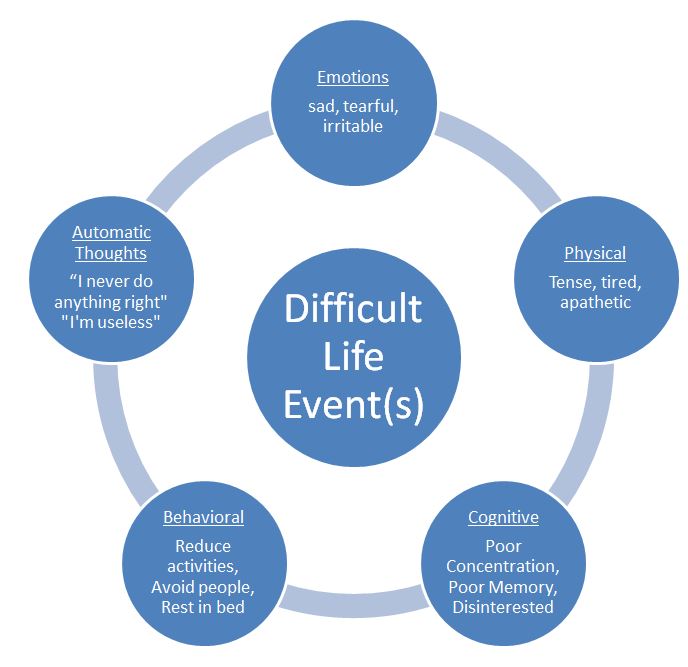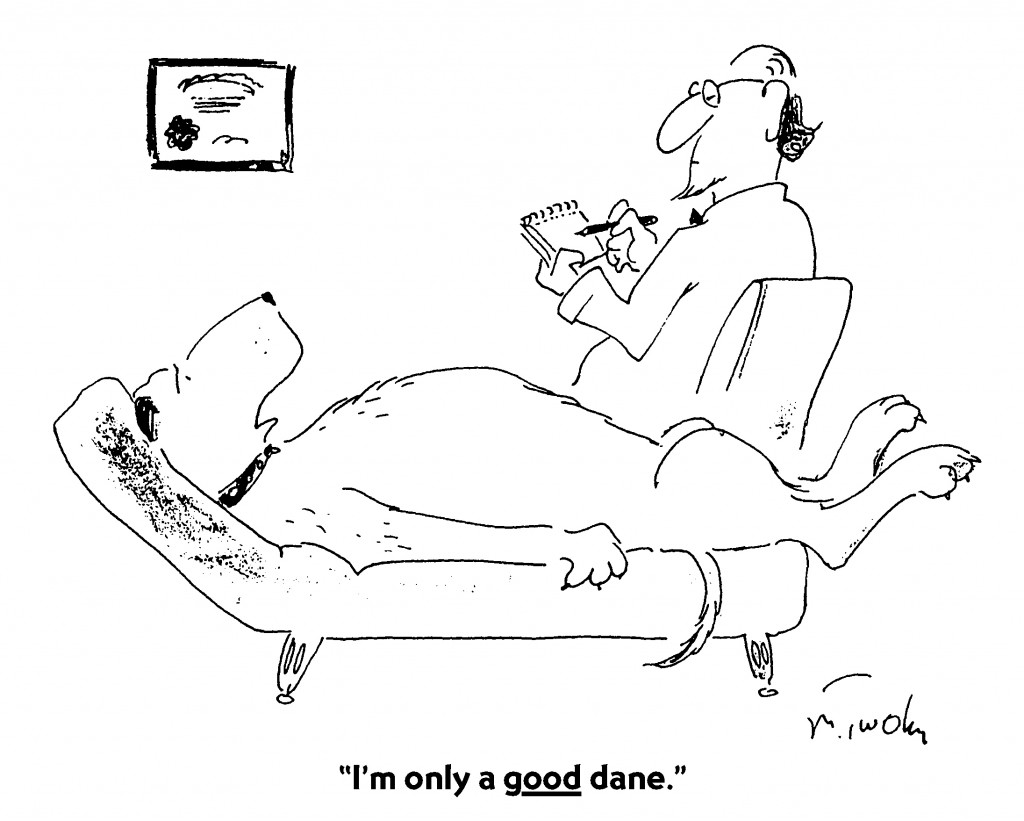The Experience Of Depression
Clinical depression can be a debilitating and painful illness that can significantly affect our relationships and ability to work. While sadness may be one of the hallmark characteristics of depression, there is also a constellation of negative moods, harsh thinking patterns and diminished motivation. The individual often feels weak, discouraged,and defeated, which prompts withdrawal from life activities. Symptoms include a loss of pleasure or interest in activities, difficulties in concentration, sleep problems, diminished energy and sex drive, and even thoughts of death or suicide.
The onset of depression occurs when painful themes are triggered. One theme involves a sense of failure in life tasks, accompanied by feelings of inadequacy. The other major theme in depression is loss. This is accompanied by memories of previous loss and deep feelings of insecurity.
Cognitive Therapy for Depression
After a thorough assessment of symptoms and problem areas, we try to achieve rapid symptom relief. Through behavioral and self-control techniques, we help the client counteract withdrawal and apathy, re-engage the world, and increase activities.
We then focus on the harsh, rigid and biased thinking that afflicts depressed people. Since negative, distorted thinking fuels symptoms of depression, we help clients detect and counteract these negative thoughts.
Once symptom relief has been achieved, we turn to the generators of depression — the core beliefs that leave one vulnerable to depression. Examples of core beliefs in depression include, “I am a failure”, and “I’ll always be alone.” Using cognitive and experiential strategies, we help clients develop more flexible and compassionate beliefs to free them from depression.

